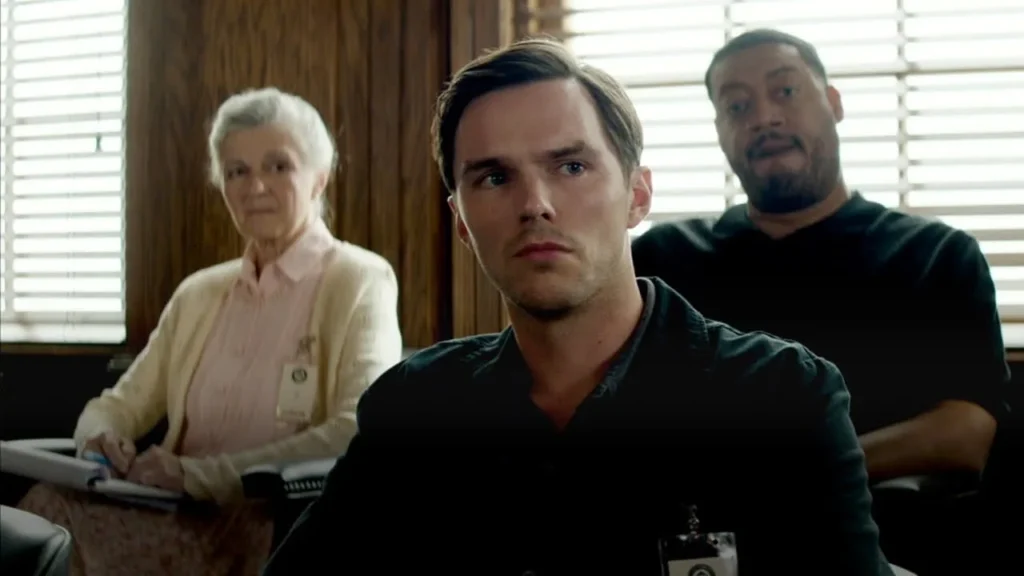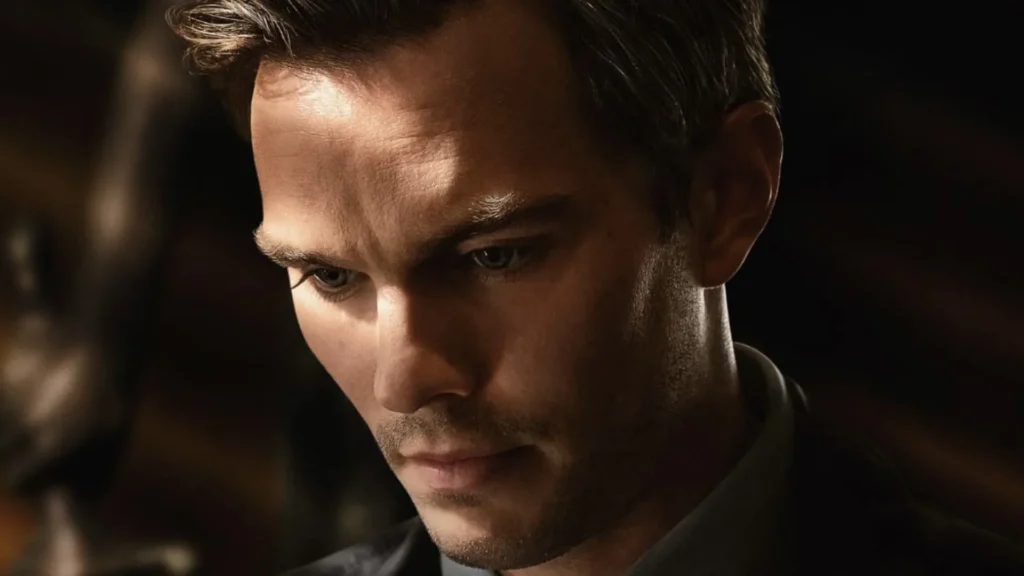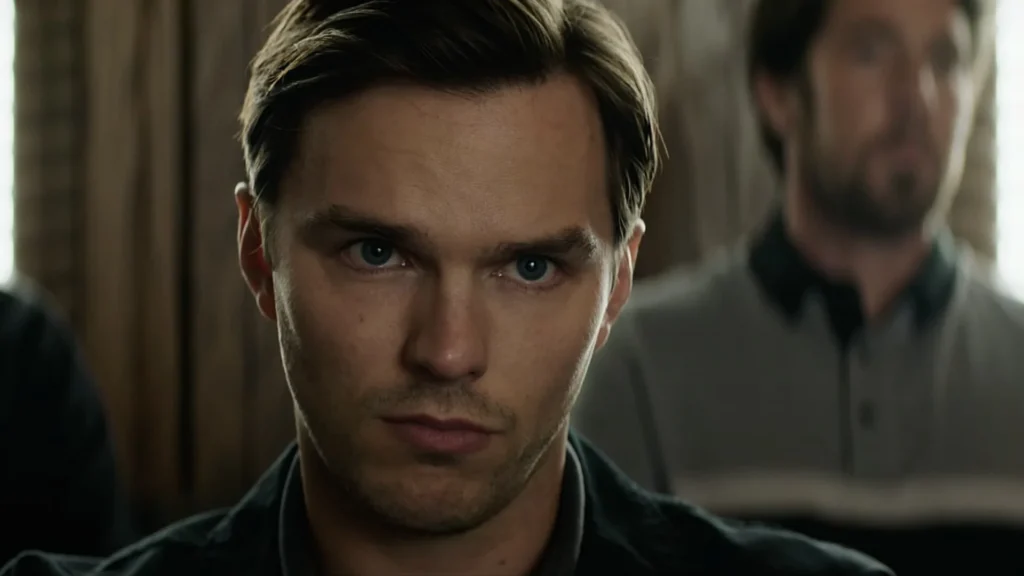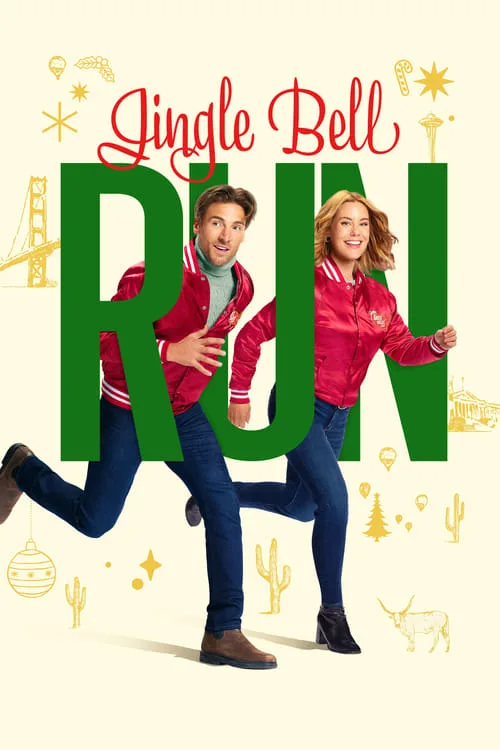Eastwood’s Courtroom Drama Strikes a Resounding Chord
Clint Eastwood’s latest endeavor, “Juror #2,” has swiftly become a topic of intense discussion among both audiences and critics. The film, starring Nicholas Hoult as Justin Kemp, a recovering alcoholic and journalist thrust into the high-stakes environment of a murder trial jury, showcases Eastwood’s enduring directorial prowess. Viewers have praised Hoult’s nuanced performance, highlighting his ability to portray Kemp’s internal struggles with authenticity and depth. Toni Collette and Zoey Deutch also receive commendations for their roles, bringing emotional layers and complexity to the narrative.
Critics have lauded Eastwood’s decision to delve into the moral ambiguities of the American justice system, with The Hollywood Reporter noting that the film “transcends typical courtroom dramas by embedding profound ethical dilemmas within its tightly woven script.” The screenplay by Jonathan Abrams is frequently mentioned as a standout element, praised for its intricate plotting and sharp dialogue that keeps audiences engaged from start to finish.
The ensemble cast, which includes Kiefer Sutherland, has been particularly well-received. Sutherland’s intense portrayal adds a palpable tension to the courtroom scenes, making the interactions between jurors both compelling and thought-provoking. Viewers on platforms like Rotten Tomatoes have given the performances high marks, often citing the chemistry between the cast members as a key factor in the film’s success.
Eastwood’s direction is another focal point of acclaim. His trademark visual style, characterized by muted color palettes and stark lighting, effectively underscores the film’s themes of moral ambiguity and justice. Variety praised the cinematography, stating that “Eastwood masterfully uses lighting and composition to enhance the narrative’s emotional weight.” The subtle yet powerful soundtrack further complements the film, with critics appreciating how the music accentuates the tension without overwhelming the dialogue.
Public reception mirrors the critical acclaim, with many viewers commending the film for its intelligent approach to storytelling. On IMDb, “Juror #2” holds a solid rating, with users highlighting the film’s ability to provoke thought and discussion long after the credits roll. Social media platforms are abuzz with conversations about the ethical questions the movie raises, indicating that it resonates deeply with its audience.
The film’s exploration of personal ethics versus legal obligations has been a particularly resonant theme. Screen Rant emphasizes that “Juror #2” not only entertains but also invites viewers to reflect on their own moral standings. This introspective quality has been a point of praise, setting the film apart in a genre often criticized for being formulaic.
However, not all feedback has been entirely positive. Some critics from The Guardian have pointed out that at times, the narrative can feel overly ambitious, with certain plot twists appearing somewhat predictable. Despite these criticisms, the overall sentiment remains overwhelmingly positive, with the film’s strengths far outweighing its minor flaws.
The limited release strategy employed by Warner Bros. has also sparked conversation. While the domestic box office numbers might seem modest, the international reception tells a different story. In Europe, “Juror #2” has performed exceptionally well, with Box Office Mojo reporting impressive earnings from just six territories. This international acclaim underscores the film’s universal themes and Eastwood’s global appeal.
Audience members have particularly praised the film’s pacing and structure. The seamless way in which Eastwood builds suspense and develops character arcs has been highlighted as a key factor in maintaining viewer engagement. On Metacritic, user reviews frequently mention the film’s ability to balance intense courtroom scenes with quieter, character-driven moments, creating a well-rounded and immersive experience.
The supporting cast has also received accolades for their contributions to the film’s dynamic. Zoey Deutch’s performance, in particular, has been singled out for bringing a refreshing vitality to the juror ensemble. Her interactions with Hoult’s Kemp add layers of complexity and empathy, enhancing the overall emotional impact of the story.
Critics have also noted Eastwood’s ability to maintain his signature directorial style while embracing modern storytelling techniques. This balance has allowed “Juror #2” to appeal to both long-time fans of Eastwood and new audiences seeking contemporary legal dramas. Empire remarks that “Eastwood seamlessly marries his classic filmmaking techniques with fresh narrative elements, resulting in a film that honors his legacy while pushing the genre forward.”



The thematic depth of “Juror #2” extends beyond the courtroom, touching on issues of redemption, personal growth, and the search for truth. Justin Kemp’s journey from a troubled past to a position of moral responsibility serves as a powerful narrative arc that viewers find both inspiring and relatable. This character development has been a focal point in reviews, with many appreciating the film’s commitment to exploring its protagonist’s inner turmoil.
In terms of technical aspects, the film’s editing has been praised for its clarity and effectiveness in conveying the high-stakes tension of a jury deliberation. The seamless transitions between courtroom proceedings and flashbacks provide a comprehensive understanding of the case, while also deepening the audience’s connection to Kemp’s character. IndieWire highlights the editing as a crucial element that “keeps the story moving at a brisk pace without sacrificing emotional depth.”
“Juror #2” also stands out for its realistic portrayal of the judicial process. The attention to detail in depicting courtroom procedures and the dynamics of jury deliberations has been commended for its authenticity. Legal experts, featured in Legal Insider, have praised the film for its accurate representation of the challenges faced by jurors, further adding to its credibility and educational value.
Overall, “Juror #2” has established itself as a must-watch film that combines strong performances, sharp writing, and masterful direction. Clint Eastwood’s ability to craft a compelling narrative that resonates on both an emotional and intellectual level ensures that the film leaves a lasting impression. As audiences deliberate over its themes and character journeys, “Juror #2” cements its place as a standout entry in the legal drama genre.
Frequently Asked Questions about “Juror #2” (2024)
1. What is “Juror #2” about?
“Juror #2” is a legal thriller directed by Clint Eastwood that centers on Justin Kemp (Nicholas Hoult), a recovering alcoholic and journalist who serves as a juror in a high-profile murder trial. Throughout the film, Kemp grapples with a significant moral dilemma that could influence the jury’s verdict, potentially convicting or freeing the accused killer. The story delves deep into the complexities of the American justice system and the ethical challenges faced by jurors.
2. Who are the main cast members in “Juror #2”?
The film features a star-studded ensemble cast including Nicholas Hoult as Justin Kemp, Toni Collette, Zoey Deutch, and Kiefer Sutherland. Each actor brings depth and nuance to their respective roles, contributing to the film’s intense and thought-provoking narrative.
3. How have critics responded to “Juror #2”?
Critics have largely praised “Juror #2” for its strong performances and Clint Eastwood’s masterful direction. The Hollywood Reporter highlights the film’s ability to transcend typical courtroom dramas by embedding profound ethical dilemmas within its tightly woven script. While some reviews, such as those from The Guardian, mention that certain plot twists may feel predictable, the overall critical reception remains overwhelmingly positive.
4. What are the standout elements of “Juror #2”?
Key highlights of the film include Nicholas Hoult’s nuanced portrayal of Justin Kemp, the intricate screenplay by Jonathan Abrams, and Eastwood’s signature visual style. The cinematography, praised by Variety, uses muted color palettes and stark lighting to emphasize the film’s themes of moral ambiguity. Additionally, the supporting cast, including Zoey Deutch and Kiefer Sutherland, receive commendations for their compelling performances.
5. Where can I watch “Juror #2”?
“Juror #2” is available to watch in theaters and on streaming platforms. For streaming options, you can visit MustWatch or check platforms like Max, where it will be available starting in December. For more detailed streaming and rental options, Moviefone provides comprehensive information on how to watch the movie online.
6. How did “Juror #2” perform at the box office?
“Juror #2” had a limited release initially, grossing between $260,000 and $275,000 in its opening weekend from 35 theaters, with a per-screen average of about $7,500. Internationally, particularly in Europe, the film has performed exceptionally well, grossing approximately $9.6 million across six territories, showcasing its universal appeal.
7. What themes does “Juror #2” explore?
The film delves into themes such as personal ethics versus legal obligations, redemption, and the search for truth. It examines the moral struggles individuals face within the justice system and the impact of personal biases on decision-making processes. These themes resonate deeply with audiences, prompting reflection and discussion long after viewing.
8. Are there any notable technical aspects in “Juror #2”?
Yes, the film’s editing has been praised for its clarity and effectiveness in conveying the high-stakes tension of jury deliberations. Seamless transitions between courtroom proceedings and character-driven moments create an immersive experience. Additionally, the soundtrack subtly underscores the tension, enhancing the overall emotional impact without overpowering the dialogue.
9. How authentic is the portrayal of the judicial process in “Juror #2”?
“Juror #2” is lauded for its realistic depiction of courtroom procedures and jury dynamics. Legal experts featured in Legal Insider commend the film for its accurate representation of the challenges faced by jurors, adding to its credibility and educational value.
10. What makes Clint Eastwood’s direction in “Juror #2” noteworthy?
Clint Eastwood brings his decades of filmmaking experience to “Juror #2,” seamlessly blending his classic directorial techniques with modern storytelling elements. His ability to maintain a brisk narrative pace while exploring deep moral questions sets the film apart in the legal drama genre. Empire praises Eastwood for honoring his legacy while pushing the genre forward with this compelling courtroom drama.
11. How have audiences reacted to “Juror #2”?
Audiences have responded positively to “Juror #2,” appreciating its intelligent approach to storytelling and the strong chemistry among the cast members. On IMDb, the film holds a solid rating, with many users highlighting its ability to provoke thought and sustain engagement throughout. Social media buzz reflects widespread appreciation for the film’s exploration of ethical dilemmas and character development.
12. Is “Juror #2” considered Clint Eastwood’s final film?
While “Juror #2” is anticipated to be one of Clint Eastwood’s last directorial projects, there has been no official confirmation declaring it his final film. However, at 93 years old, many view it as a significant entry that showcases his enduring talent and legacy in the film industry.
13. Where can I find more reviews for “Juror #2”?
For additional reviews and detailed critiques, you can visit Rotten Tomatoes, Roger Ebert, and Metacritic. These platforms offer a range of perspectives from both critics and general audiences, providing a comprehensive overview of the film’s reception.
14. What is the runtime of “Juror #2”?
“Juror #2” has a runtime that allows for an in-depth exploration of its characters and themes, though the exact duration can be confirmed on platforms like Moviefone.
15. Who wrote the screenplay for “Juror #2”?
The screenplay for “Juror #2” was written by Jonathan Abrams, who crafted an intricate and engaging narrative that has been praised for its twisty plot and sharp dialogue.
For more information and to watch “Juror #2,” visit MustWatch.



